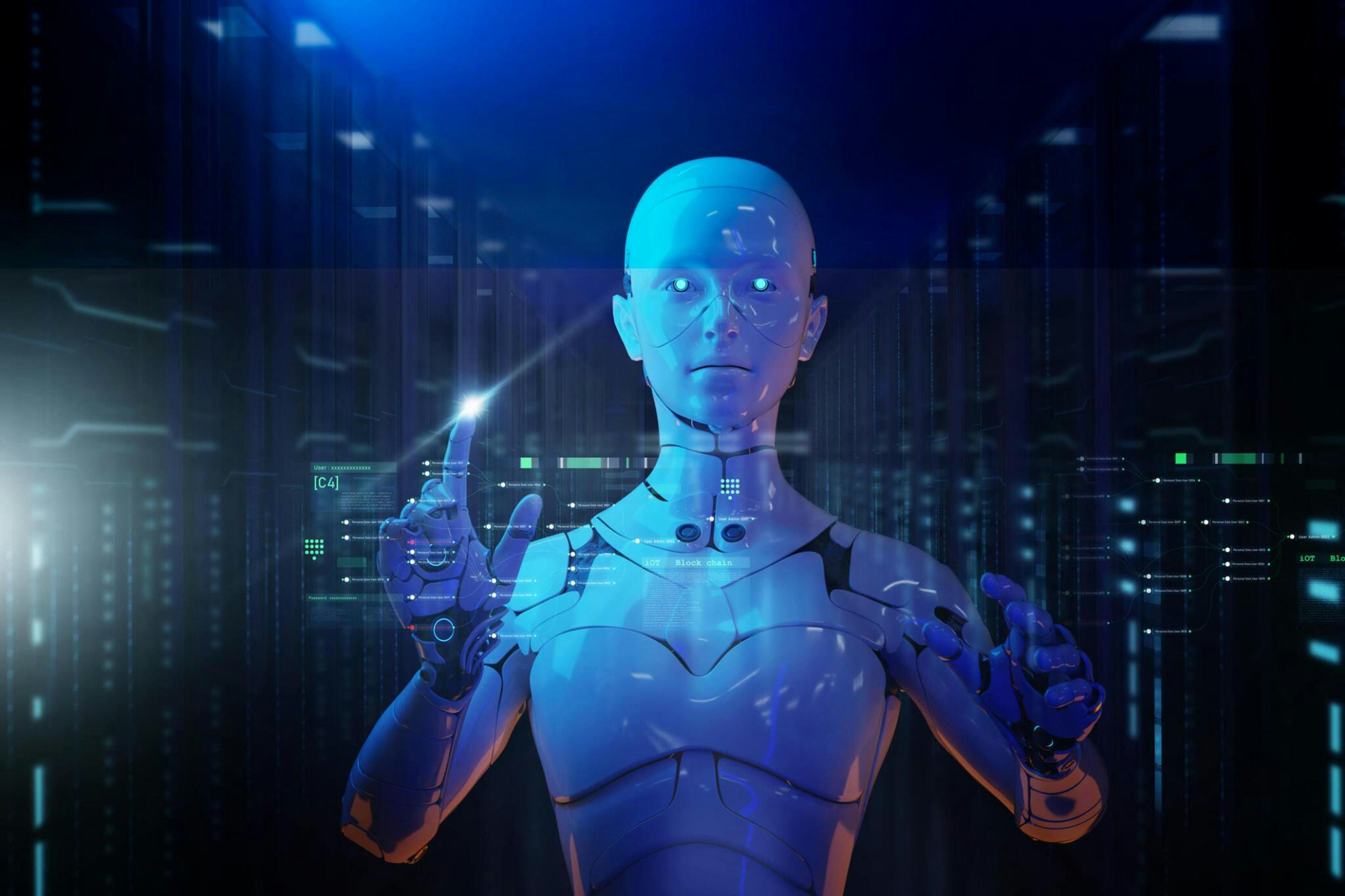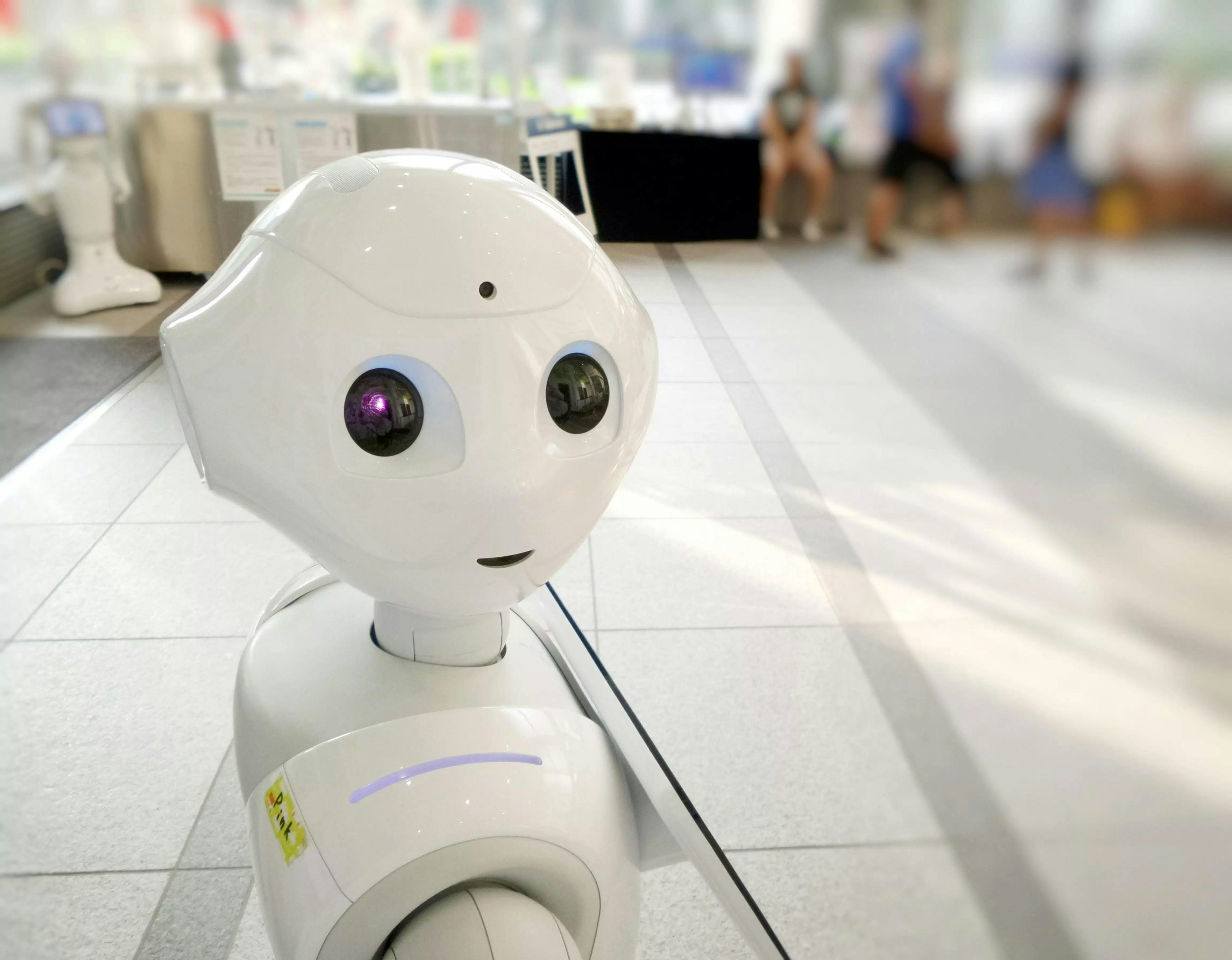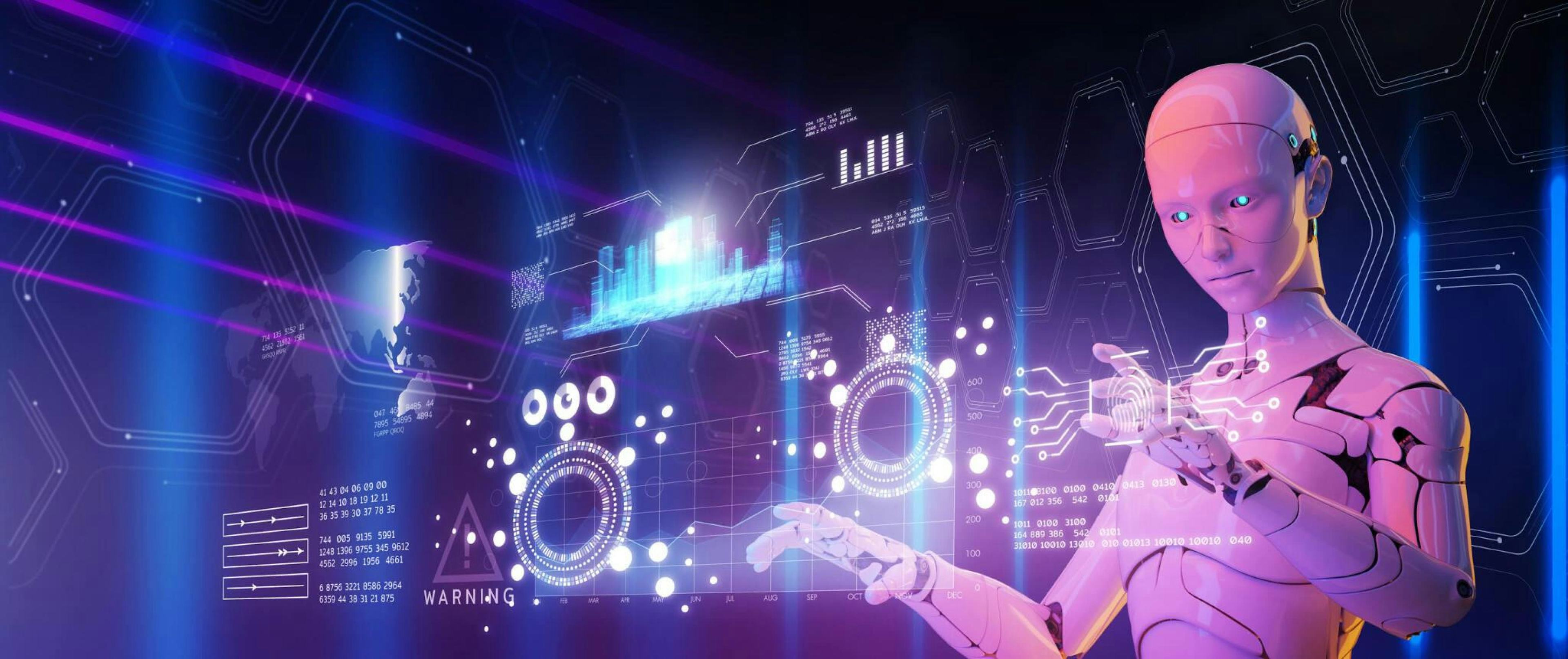© 2011 - 2024 Marketeq Digital Inc. All Rights Reserved.
Marketeq Digital Inc. operates independently as an IT consulting firm, adhering to legal regulations and industry standards in all client engagements. Our commitment to legal compliance ensures transparency and trust in our services. We are committed to upholding the highest standards of legal compliance and ethical conduct in all aspects of our operations. We understand the importance of transparency and trust in our client relationships, which is why we prioritize legal integrity and regulatory adherence. Our team of experts adheres to all relevant laws, regulations, and industry standards, ensuring that our services are delivered with professionalism and accountability.









